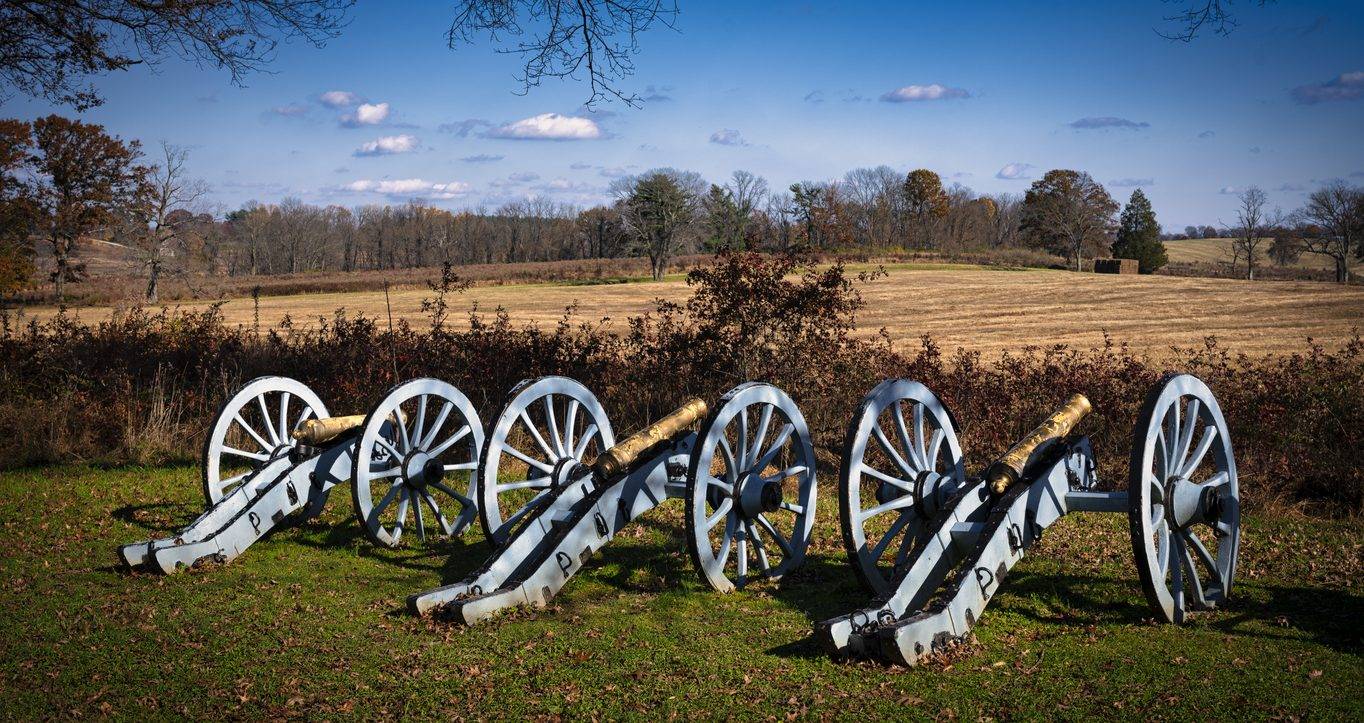
Summer Reading Series: Non-Fiction
Wild by Cheryl Strayed
A good summer read requires the ability for your mind to be fully transported into another person’s story and life and out of your own (in my opinion).
Wild, by Sheryl Strayed, does exactly that.
This summer, I chose a story about hiking trails on the West Coast, specifically the PCT (Pacific Coast Trail).
The story is told by Strayed as she covers 1,000 miles from the Mohave Desert through California and Oregon to Washington State. Woven into the story of this trek are the details of her past and how she got to this place both physically and mentally.
While the book is about backpacking and hiking, you do not have to be a hiking enthusiast to enjoy poring through these pages. In fact, you may enjoy it even more if you are not.
The story takes many twists and turns around the bend that you don’t see coming.
Ultimately the story is about finding your way free of the weight of past experiences, loss, and grief by allowing yourself to go through the difficult steps of processing it all.
Wild is also a story about taking action which leads you to learning your own hard lessons- while finding a way to let it all in, so that you can come out the other side healed and whole. (Likely not 100%, but possibly monumentally better.)
And it is a story of finding your own true strength. Facing what is in front of you head on.
In this account of her life, Strayed tells authentic tales of true kindness, tales of true grit, and tales of true fear.
You yourself will likely come away with some new perspective, inspiration, and possibly some motivation for beginning your own journey. Big or small. I know I did.
-Donna









